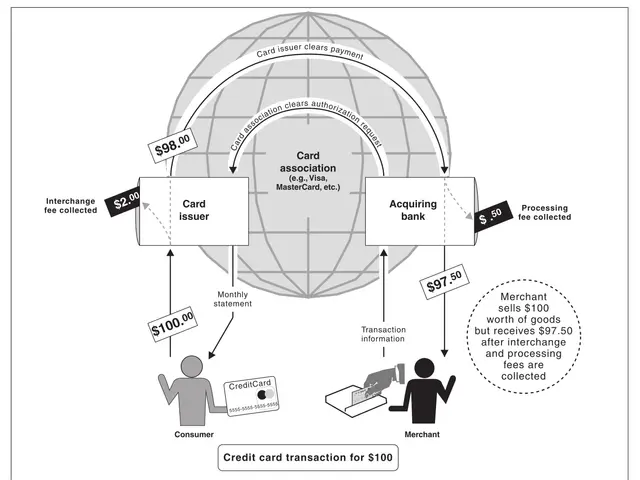Eder: Heating Law Debate is 'Pure Populism' - Berlin’s Heating Act reform sparks debate as climate goals hang in the balance
Berlin's new coalition government, comprising the CDU, SPD, and Bündnis 90/Die Grünen, is set to reform the Heating Act. This comes as Rhineland-Palatinate aims to install more heat pumps than gas boilers by 2025, a crucial step towards its climate change targets. Katrin Eder, Minister for Energy and Climate Protection in Rhineland-Palatinate, is calling for clarity in the debate surrounding the Heating Act.
Eder, who wants to end uncertainty for businesses and citizens regarding the Heating Act, has criticized calls to abolish it as 'pure populism'. The Heating Act, a contentious law passed by the former traffic-light coalition government, has been a source of internal conflicts in Berlin's center-right coalition, which is now planning its reform.
Eder warns that uncertainty surrounding the existing Building Energy Act could hinder the progress made in heat pump adoption. She notes that attractive, income-based subsidies have led to an increase in heat pump installations, a trend that could be jeopardized by policy uncertainty.
The new government coalition in Berlin is poised to reform the Heating Act, with Eder demanding clarity and reliability in the ongoing debate. The success of Rhineland-Palatinate's climate change targets, which hinge on increased heat pump adoption, depends on the outcome of these reforms.
Read also:
- India's Agriculture Minister Reviews Sector Progress Amid Heavy Rains, Crop Areas Up
- Over 1.7M in Baden-Württemberg at Poverty Risk, Emmendingen's Housing Crisis Urgent
- Life Expectancy Soars, But Youth Suicide and Substance Abuse Pose Concern
- Cyprus, Kuwait Strengthen Strategic Partnership with Upcoming Ministerial Meeting






